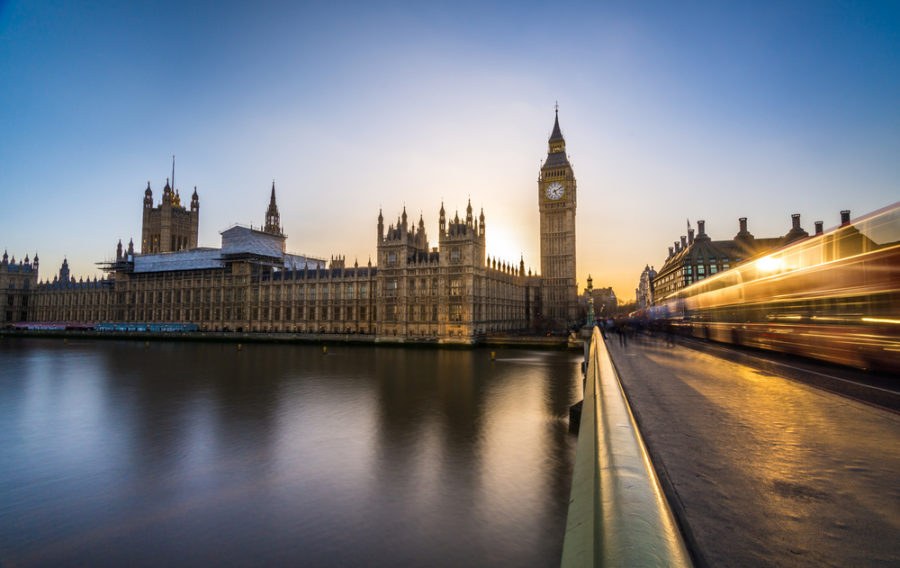
The Chancellor, Rishi Sunak, has delivered his first budget announcing a raft of plans aimed to limit the impact of the coronavirus on SMEs across Britain.
The build-up to the Budget has understandably been dominated by the impact of the coronavirus on the UK economy and it was no surprise to see the government’s response to the outbreak take centre stage.
Mr Sunak told Parliament the measures introduced in his Budget “will make the UK one of the best placed economies in the world to manage the potential impact of the virus”.
Business across multiple sectors, including defence, were looking for measures to alleviate the financial pressure created by potential disruption to the supply chain.
For SMEs with fewer than 250 staff, the Chancellor pledged to refund sick pay payments for two weeks and enable small firms to able to access “business interruption” loans of up to £1.2 million.
The Ministry of Defence has placed SMEs at the heart of its defence procurement strategy and is committed to achieving a 25% spend by 2022.
Whilst Mr Sunak didn’t directly reference defence spend in his speech to Parliament, the Office for Budget Responsibility and HM Treasury calculations revealed defence spending will total £55 billion for 2020/2021, with an additional £100 million to be invested in defence research and development.
The Chancellor billed the budget as the first since Britain left the European Union but for the government, maintaining the UK’s security and influence in a post-Brexit world remains a critical priority.
The Conservative Party had pledged in its pre-election 2019 manifesto to exceed the minimum 2% of GDP defence spend, with an increase of 0.5% above inflation for every year of the new parliament.
The manifesto stated: ‘We will support the UK’s world-class defence industry by investing in ambitious global programmes, including building the new Type 31 frigates in British shipyards such as Rosyth and a new generation of armoured vehicles, made in Britain.’
It also pledged to modernise and invest in training and equipping the armed forces including a focus on investment in cyber security and creating a UK Space Command. The Budget saw Mr Sunak commit a share of an extra £900m investment for research into the space sector.
The Chancellor also promised to support Armed Forces veterans with a £10 million donation to Armed Forces Covenant. Companies who employ veterans also won’t have to pay any National Insurance contributions for their first year of work. The tax break will come into force in April 2021.
If you would like to join our community and read more articles like this then please click here.







